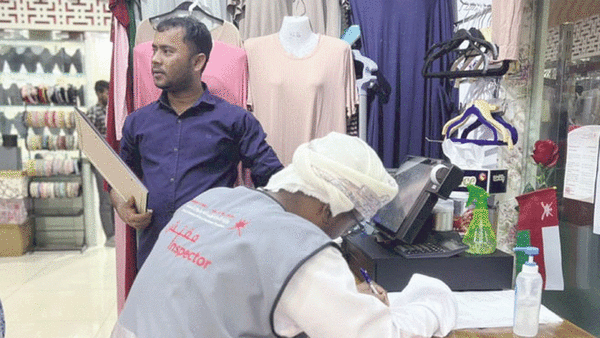

During a recent inspection campaign carried out by the Ministry of Commerce, Industry and Investment Promotion (MoCIIP), it was found that 78 shops failed to comply with the requirement to provide electronic payment services to consumers. The ministry had implemented the electronic payment decision as part of its efforts to achieve comprehensive digital transformation and to reduce security risks associated with cash transactions. It was also aimed at streamlining buying and selling operations, enhancing customer service, improving financial management and inventory control, and reducing the risks of theft, internal fraud and fraudulent invoices.
Last year, the Ministry of Commerce, Industry and Investment Promotion issued Ministerial Resolution No 386/2022, which obligated eight commercial activities to provide electronic payment services to consumers. These activities included all those in industrial areas, complexes, commercial centres and gift markets; foodstuffs outlets, gold and silverware; restaurants and cafes; fruits and vegetables, electronics, building materials and tobacco.
In the event of non-compliance with the ministerial decision, there is provision to impose administrative penalties such as a warning, obligating the violator to provide electronic payment services within a period not exceeding twenty days, or an administrative fine of RO 100.
According to statistics from the Central Bank of Oman, there has been an increase in the number of electronic payment service providers, with the number of devices increasing from over 63,000 in 2021 to over 85,000 in 2022, representing a 34-per cent increase.
In keeping up with technological advancements and innovations in e-commerce, electronic payment has emerged as a solution for remote payment transactions. Oman has adopted electronic payment as a means to serve citizens and meet their needs.
Oman Observer is now on the WhatsApp channel. Click here



